Brigham Young University has recently come under scrutiny for their honor code, including their severe disciplinary actions toward reported students. On April 12, BYU students and alumni gathered on campus to protest against the honor code. The tenor of these protests isn’t a call to eradicate it, but instead a demand to change how the office handles students’ cases and the punitive measures taken if there was an honor code violation.
Background
Because BYU is established as a private university, the university has total control of its honor code. BYU is largely funded by The Church of Jesus Christ of Latter-day Saints — in 2007 (the last known record of counting students who were church members), Latter-day Saints comprised 98.5% of the school population.
In contrast, the University of Utah receives yearly public funding from the state of Utah and therefore must adhere to protecting classes outlined within its Equal Opportunity and Affirmative Action Office. “There’s a fundamental difference between state and private schools,” one spokesperson within the Equal Opportunity Office said.
Although both schools’ student codes promote that the onus is on students, BYU has received a volume of criticism for the ways it has handled sexual assault on campus in the past and, more recently, LGBTQ+ students in regards to their relationships and displays of physical affection.
A View from the U: A Student’s Take on Both Schools
Tammy Haddad is a rising senior at the U, currently majoring in elementary education. She also identifies as lesbian, which has been a recent process for her as a student not originally from Utah. She’s also a resident advisor for the U’s Alliance House, a residency on campus for students who prefer to live in gender-inclusive housing that also respects and acknowledges LGBTQ+ identities.
Acknowledging the growing issues at BYU, she recounts her friendships with students who are members of the church, believing that they go through a difficult process grappling with her sexual identity. “I feel like they’re not supporting me because they’re still supporting an institution that chooses to be homophobic, and that really hurts,” Haddad said.
She also sympathizes with BYU students who believe that any mention of LGBTQ+ behavior should be omitted from the school’s honor code.
Discipline Structures
According to Haddad, the disciplinary protocol of the U’s housing is similar to other rules on campuses across the country, aside from the school being a dry campus. “First, we tell the student(s) to pour out their liquor and then we take photos of it,” she said. “Then we refer to our supervisor about this incident to fill out this report, where they will likely take a course on drinking as a discipline.”
Under the resident policies and responsibilities at the U, students may host an overnight visitor no more than three nights in a 14-day period. Due to no explicit statement addressing what the stay should entail, Haddad says she doesn’t pay much attention to whether those in their dorm rooms engage in sexual activities.
Though the process varies, if a student violates the standards of behavior, academic conduct or ethical conduct, punishments usually start with a write-up, then a conference with an applicable administrator. The case is either dismissed or is reviewed by a committee where it is determined by a vice president or head if the case is serious enough to suspend or dismiss the student from the U.
The process at BYU is different. Some prohibited behaviors align with what the Church of Jesus Christ deems as sinful or as violations of the “Word of Wisdom,” the church’s health code for its members. Some of BYU’s violating practices include men donning facial hair, wearing immodest clothing, engaging in premarital sex, viewing pornography, consuming alcohol and engaging in “homosexual behavior.” Students can report other students, their roommates or even themselves if they suspect that there’s been a violation of the school’s honor code.
Once the office has been notified, it starts an investigation to evaluate the report and weigh whether there’s sufficient evidence to claim that a violation of the honor code has occurred. Students meet with the office and may supply their own defense against the case. If the office’s final decision is that the student has committed a violation, they then issue one of the various designations, such as no action, a warning, referral, suspension or, finally, dismissal from the school.
Critics share the concern that this type of investigation process ensnares students into an environment that rewards those who are persistent informants to the Honor Code Office (HCO). It also raises questions that there is an encouragement to critically assess several of these violations that involve LGBTQ+ students, who are allowed to attend the university but are forbidden to pursue same-sex physical interactions during their studies.
The Social Media Response
BYU’s ongoing problem has been fueled by an Instagram account called @honorcodestories, where BYU students — current or former — can anonymously submit stories of their experiences with the school’s honor code. Though the veracity of these stories are still unsubstantiated, many of these stories have fallen into line with others who have described their interactions with the HCO.
Calling to reform the honor code has extended to this year’s convocation, where BYU’s class valedictorian Matt Easton came out as gay in his speech to a large crowd and has since landed on the national media circuit, including an appearance on “Ellen” in early May.
Another account, which self-describes itself as a “student-led movement to restore honor to the honor code and its enforcement,” is @restorehonorBYU. Refined by posting press clips of the protest movement from outlets such as The Washington Post and The New York Times, the account also posted policy recommendations to the HCO. The demands include replacing the Homosexual Behavior Clause with an anti-discriminatory one that doesn’t penalize students involved in same-sex physical interactions and a demand to include psychologists in every honor code meeting.
Looking Forward
BYU has recently responded to the protests with a press release, a Q&A with Kevin Utt, the new director of the HCO who joined back in January. It was attempted to serve as a corrective towards their overwhelming condemnations by students for poor bureaucratic management and punishing the LGBTQ population of the school. Currently, there’s been no drastic adjustment to the honor code from the school nor rhetoric indicating any future changes.
Haddad says she can’t imagine attending the school as a gay student, and the risk factors the BYU honor code provides unsettle her. “They’re allowed to go to BYU, but there’s a lot to be who they are,” she said.








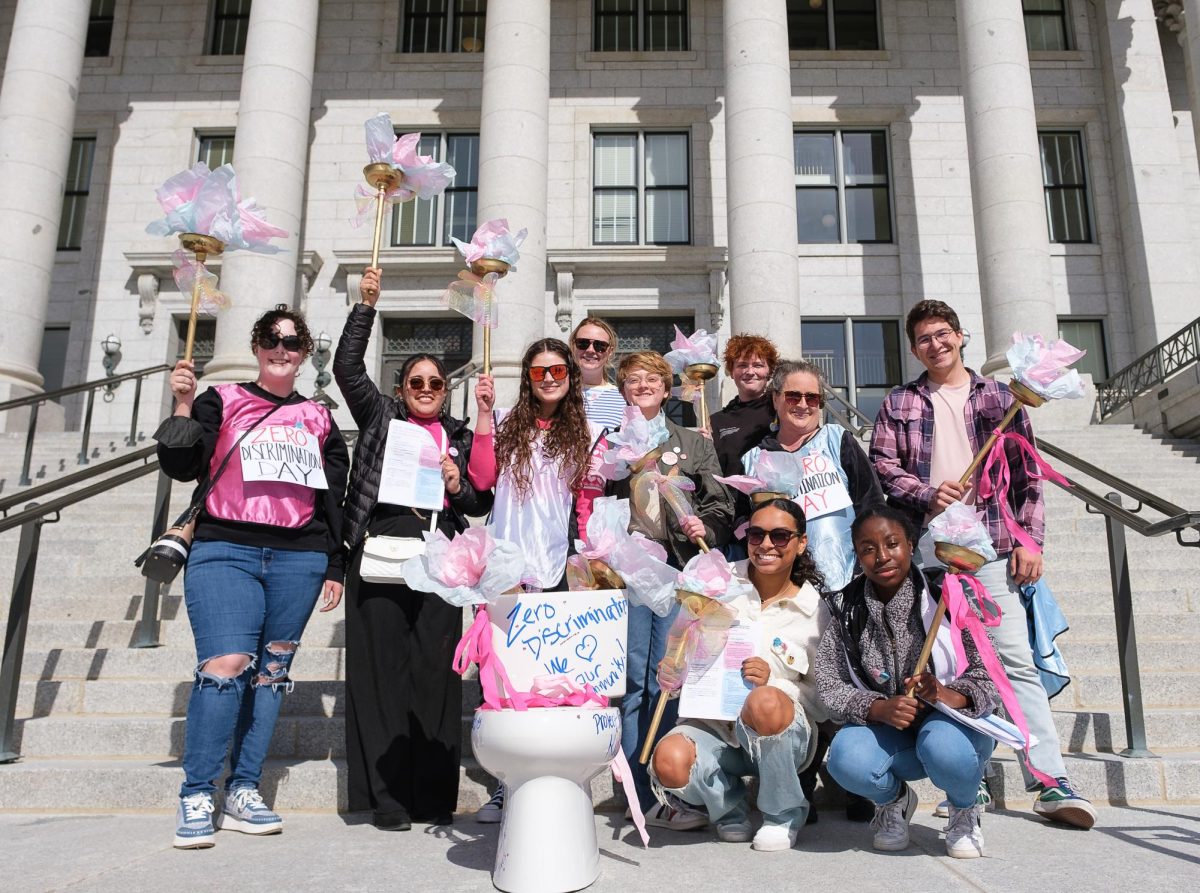

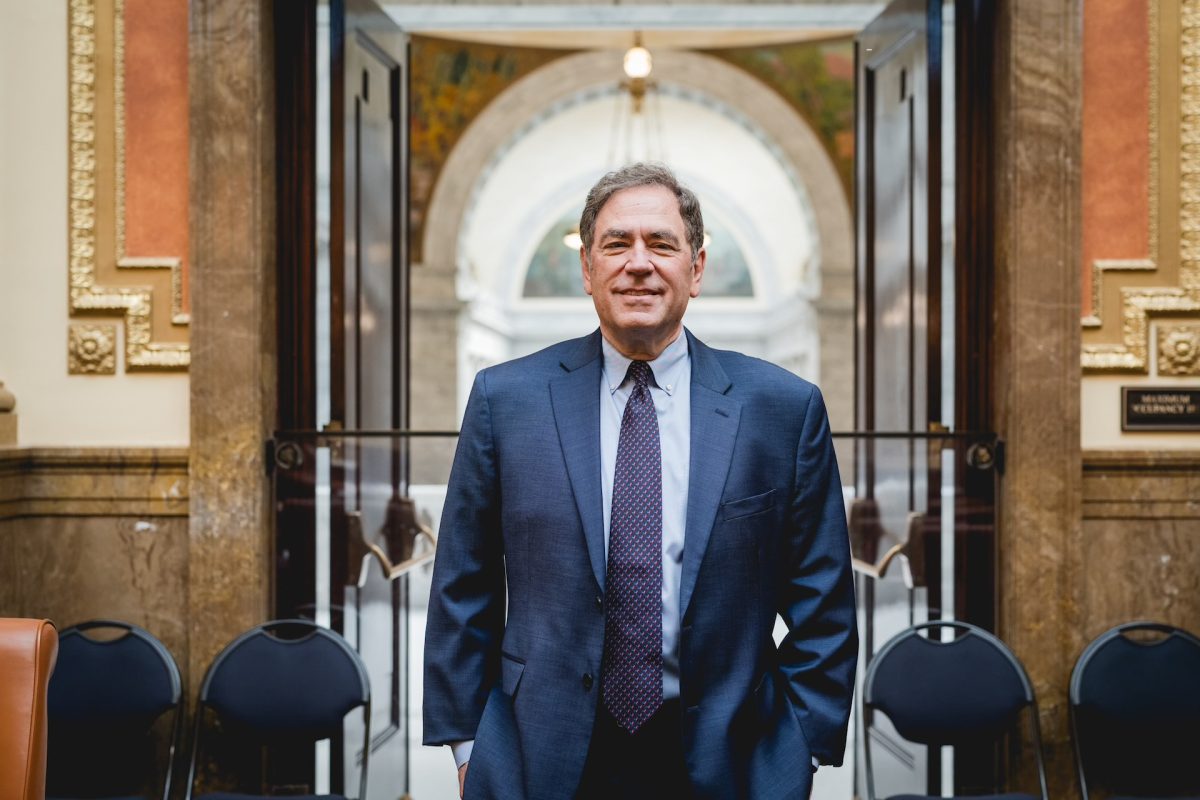



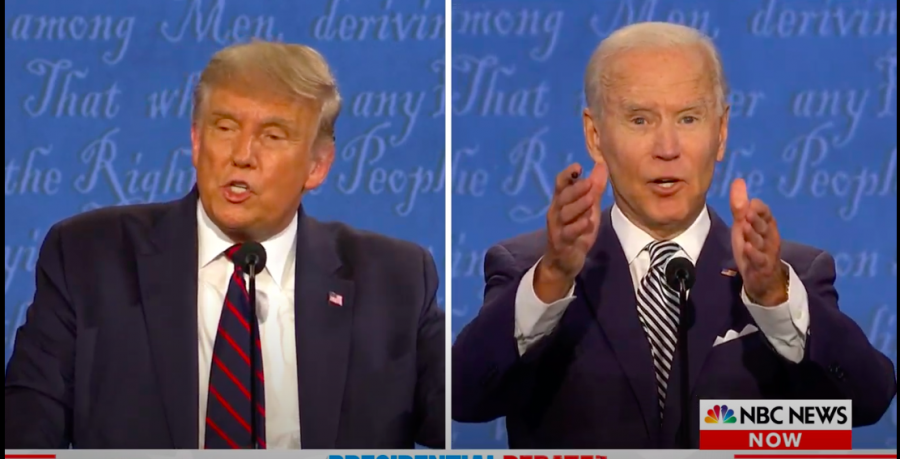
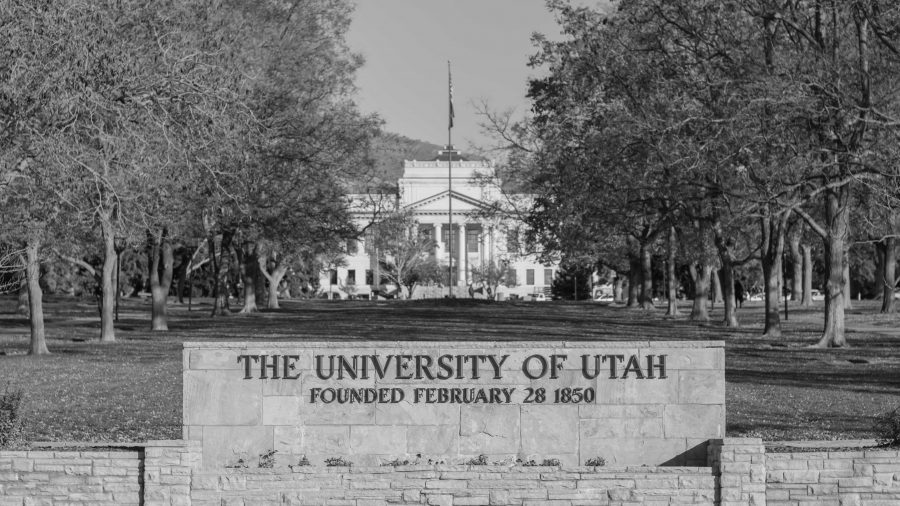
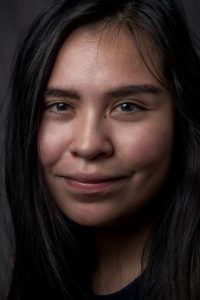
Steve • Jun 15, 2019 at 4:31 pm
What sort of journalism is this? The reporter interviews one person and makes no attempt to include opposing views. I guess the new journalism has a different standard and it only includes a single viewpoint.